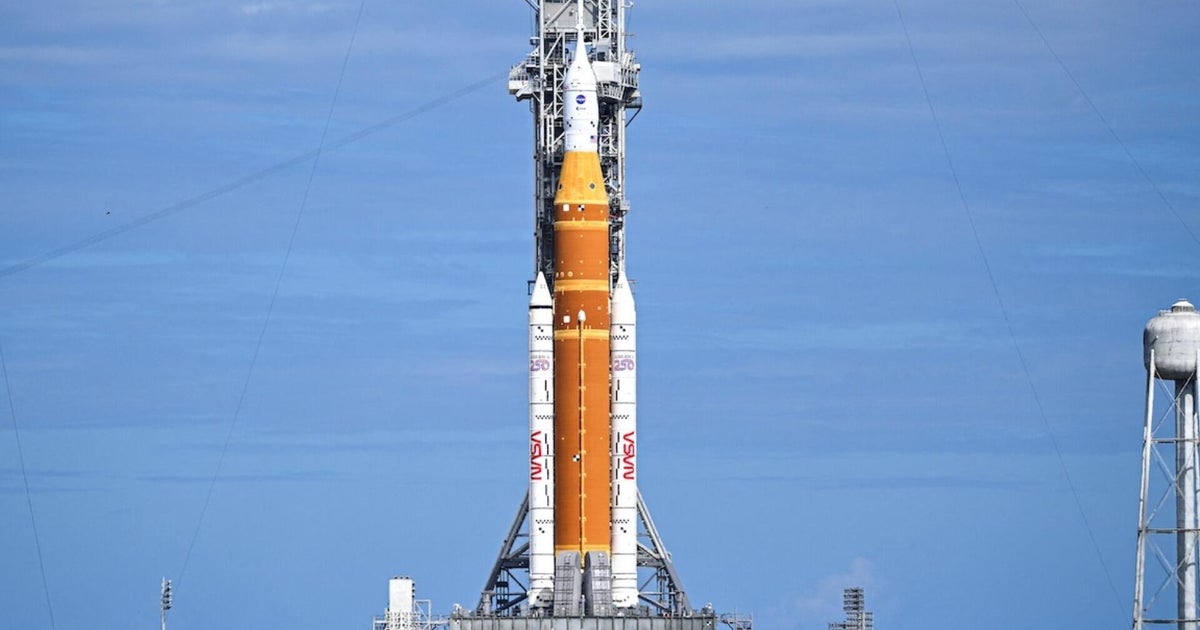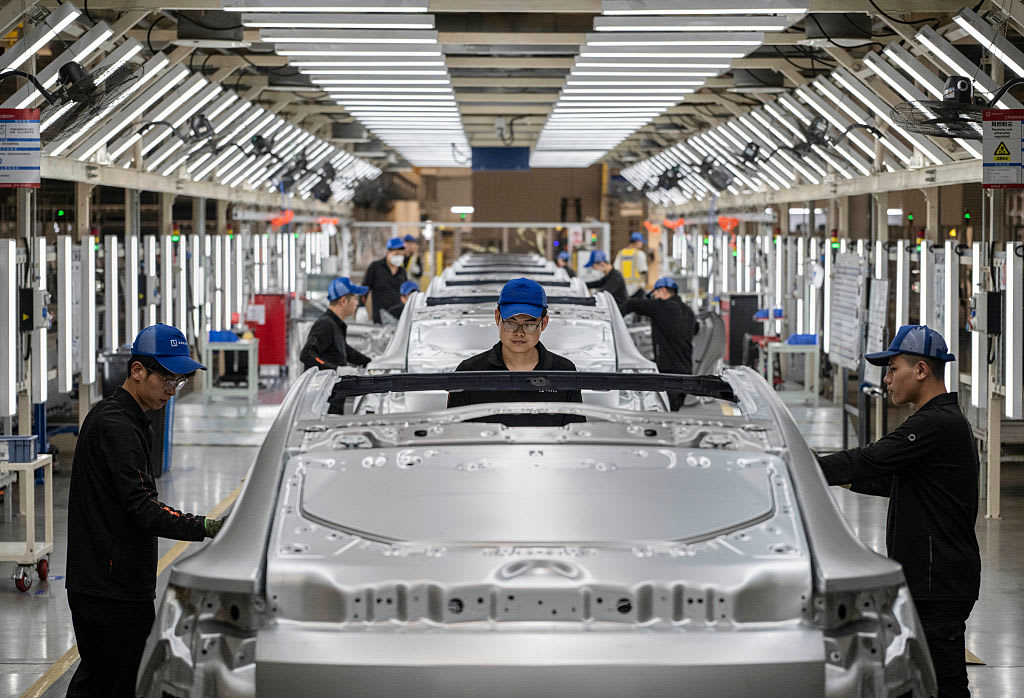Chinese rocket debris about to fall out of orbit likely poses no threat to humans, expert says
Space watchers are trying to detect where a wayward Chinese rocket will fall to Earth in the next few days.
China's space station ambitions blasted off last week with a massive rocket called the Long March 5B. Powering the station's "core module" into orbit, where future astronauts will live, the 20-ton rocket was not supposed to fly that high. But it did — and now it's out of control.
"The Chinese don't build their rockets so that you can restart the engines and deliberately drive them out of orbit whenever you want. It's coming down on its own and apparently is tumbling," William Harwood, CBS News' space analyst, told correspondent Ramy Inocencio.
It is hurtling around Earth at 17,000 miles an hour, which equals about 83 football fields each second. The rocket is orbiting our planet north to south at a tilt of about 41 degrees.
Below its path is mostly water, but there's also a lot of land, including much of the U.S. from Chicago southwards. It also covers South America, Australia, Asia, Europe and Africa. The rocket debris could crash at any location, but Harwood says that is unlikely.
"The odds are it won't hit anybody or any populated area, but it could," he said. A large portion is expected to burn up in the atmosphere.
The Pentagon does have the strike capability to shoot the rocket down, but they've said they won't because it would threaten the thousands of other satellites in orbit and could string a wider swath of debris across the Earth.
"If you hit a spacecraft with a weapon and break it up instead of one big piece, you've got thousands and thousands of pieces," Harwood said.



